Affiliate links on Android Authority may earn us a commission. Learn more.
Should I buy new smart home devices now or wait for Matter?
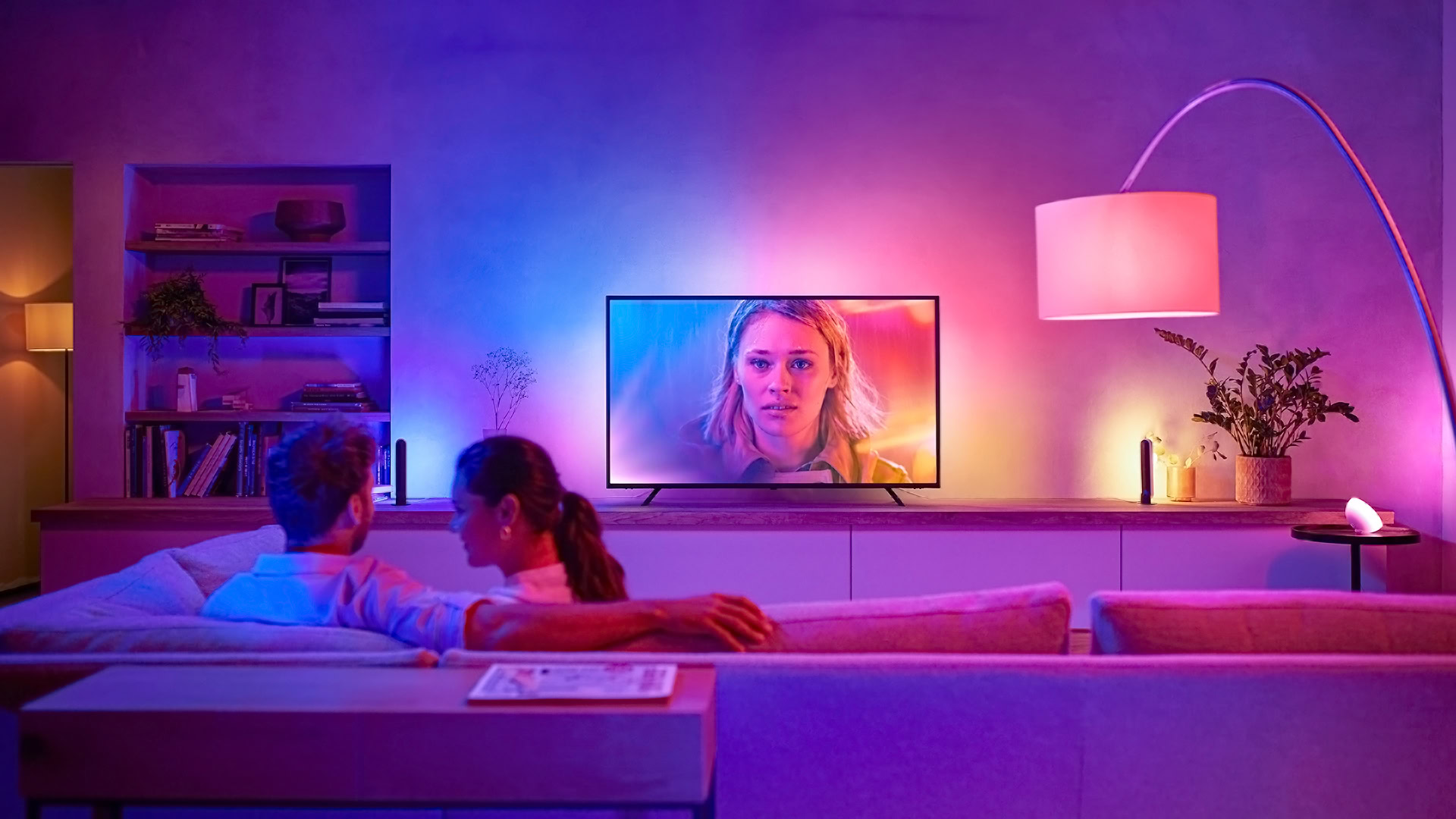
If you’re following smart home tech closely, you’ve probably heard of the Matter standard. Be sure to check out our Matter guide for more details, but in short, it’s an upcoming protocol that will allow accessories to work across major platforms. At the moment there’s an important question: is it worth buying smart home products now, or should you wait for Matter’s official rollout later this year?
The short answer is that it’s probably worth waiting. There are circumstances, though, where it’s perfectly fine to buy something today.
The case for waiting
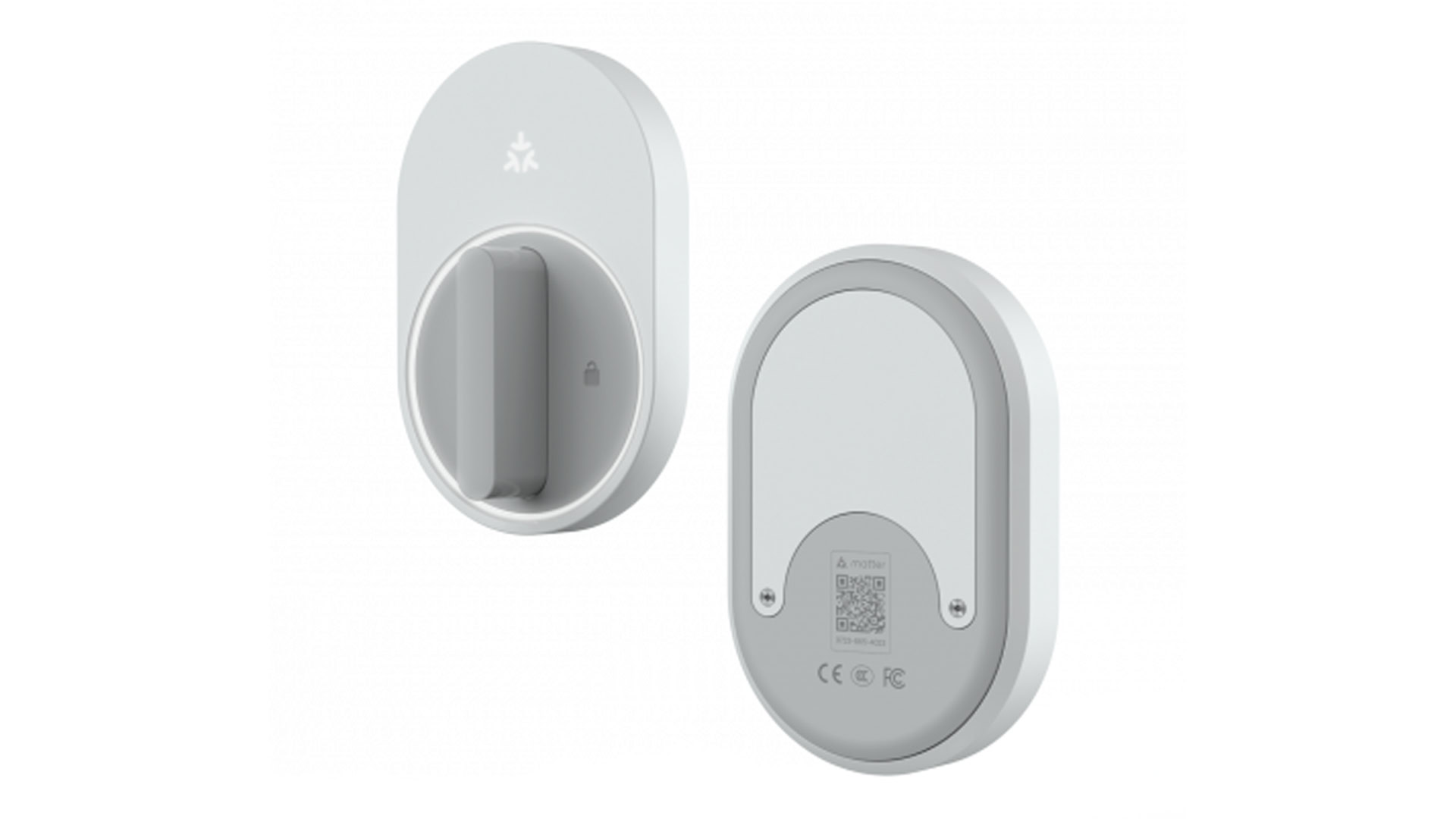
Matter promises to be such a fundamental change that, in as little as a year, you may regret having any smart home accessories without it, never mind adding to the pile.
Anyone who’s mixed and matched platforms like Amazon Alexa and Apple HomeKit is aware of how annoying it is when some accessories can only be controlled by one platform or the other. It means using separate apps and voice assistants, and confusing friends and family who don’t understand why your HomePod can’t turn on some of your smart plugs. Matter promises to solve that, so at a minimum, it’s a highly desirable feature. Think of it like smartphone shopping — you wouldn’t buy a Pixel 6 knowing that the Pixel 7‘s features are right around the corner.
Matter promises to make more smart home devices interoperable, and you don't want to miss on that.
If you can bear with that, it might still be alright to ignore Matter, since accessories will keep working with their original ecosystems.
Where it might really sting, though, is in setting up automations. People who’ve fully invested in Matter will be able to link most or all of their accessories seamlessly, eliminating the need to build separate scenes and routines, which are often made more complex by trying to match schedules and avoid conflicts. You may end up jealous of simpler smart homes and stuck with hundreds of dollars worth of gear you can’t justify upgrading.
That leads us to another important incentive to hold off: making a sure-fire investment. While companies like Amazon and Google have announced plans to upgrade specific products, there’s always a chance of complications. Still, other vendors have been vague about upgrades, such as Apple and Nanoleaf, or are simply promising to ship new Matter products eventually — not necessarily in 2022.
An important incentive to hold off is making an investment in products that will certainly support Matter.
It’s also unclear how Matter will work on some accessory types. While a variety of smart speakers will support the standard, for example, not every speaker will double as a Matter hub for linking other accessories, and it’s possible those devices may have minimal functionality outside of their native ecosystems. I wouldn’t count on Apple’s Spatial Audio format carrying over to setups with Alexa or Google Assistant speakers mixed in, or vice versa. By waiting, you’ll know for sure how products interact in the real world.
Exception #1: Near-certain upgrades
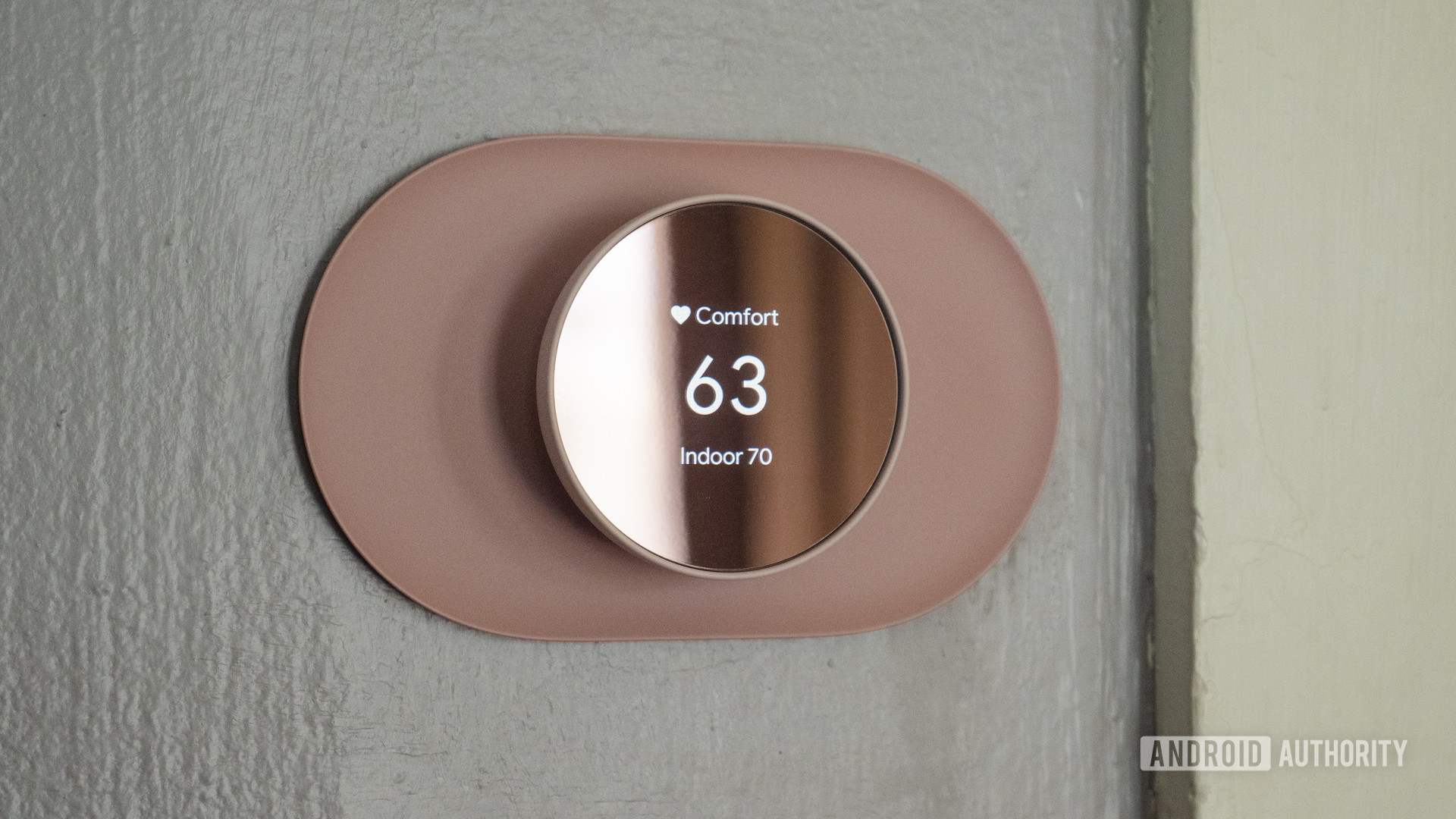
Realistically, any upgrade promises by Amazon, Apple, and Google will probably be fulfilled, not the least because they’re some of the founders of Matter. Even if they weren’t, they’d still have the resources to follow through with upgrades as long as they’re technically feasible.
Things are less certain with smaller companies, but hardly dicey so long as they have a track record and they’ve mentioned specific product lines. If a vendor’s been on the market for several years, you should feel reasonably confident in buying anything they label Matter-ready. However, it’s still just safer to wait.
If a company with a good track record has announced Matter support for a product, odds are you're safe buying it.
Here are some specific products slated for Matter upgrades:
- All Amazon Echo Flex, Echo Plus, Echo Show, and Echo Studio models, plus all Echo and Echo Dot speakers except for 1st gen models.
- All Eero Beacon, Eero 6, Eero Pro, and Eero Pro 6 Wi-Fi routers (including Plus variants)
- All Thread-equipped Eve accessories
- All Google Nest smart speakers and displays (plus the non-Nest Google Home and Google Mini)
- Google Nest Wifi
- Google Nest Thermostat
- Ikea Dirigera smart home hub
- All Philips Hue lights (via a Hue Smart Hub/Bridge update)
- Yale Assure smart locks (via an add-on module)
- All Apple accessories running HomePod OS 16 or tvOS 16 (this should mean the HomePod Mini and Apple TV 4K, at least)
This collection is far from comprehensive, but unfortunately, there’s no official compatibility list to turn to just yet.
Companies like Ecobee, LIFX, Nanoleaf, and Sonos have hinted at upgrades, but we wouldn’t count on anything until that support is imminent. LIFX — having recently been bought by Feit Electric — is just beginning to examine which smart lights it can upgrade, while Nanoleaf is intentionally focusing on other improvements first. Sonos is merely a backer of the standard, although it would be strange if nothing in its current speaker lineup made the leap.
Exception #2: Accessory categories that won’t work in Matter (yet)
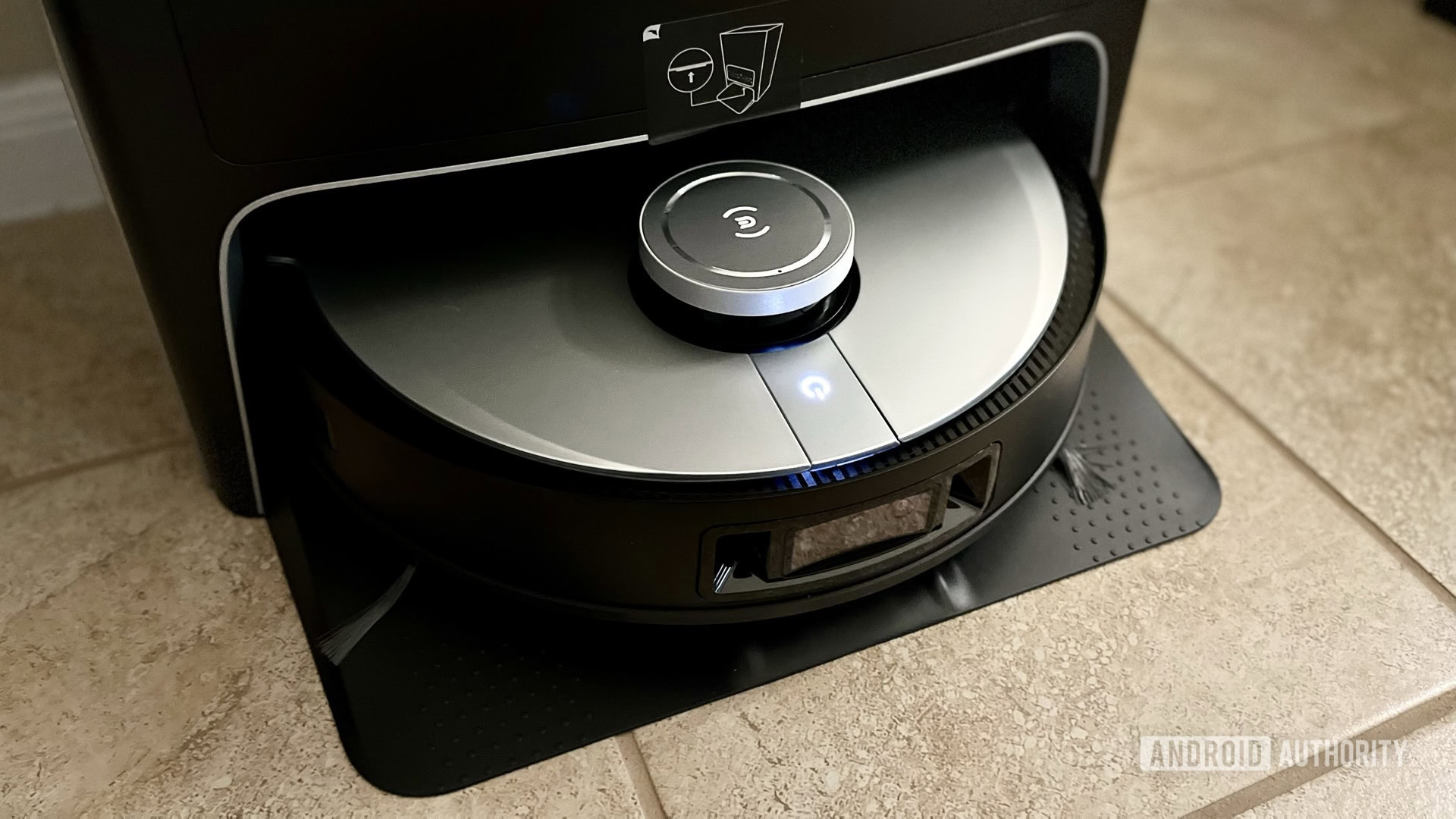
As comprehensive as Matter is intended to be, there are some categories it won’t include at launch. Among these are:
- Appliances (fridges, ovens, etc.)
- Robot vacuums
- Solar panels
- Security cameras
- EV chargers
- Home battery packs
Cameras and vacuums represent the biggest gaps, since they’re extremely common in smart homes. The good news is that the Connectivity Standards Alliance, the consortium behind Matter, has said cameras will likely be added in a future Matter update, as specialist brands like Arlo, Eve, TP-Link, and Wyze are already CSA backers. All of the above categories should be added eventually.
Matter doesn't support cameras, vacuums, appliances, and other categories, so there's no point in waiting for those now.
In the meantime, we wouldn’t worry about Matter compatibility if you’re shopping for these accessory types. Products will continue to work with the apps and assistants they were originally designed for, and it could be a while before we even hear an announcement for the first major Matter update. Think 2023, or possibly even later — cameras alone are complicated by issues like video codecs, cloud storage, and AI detection.
Are you waiting for Matter before buying more (or any) smart home accessories?
A matter of lingering questions
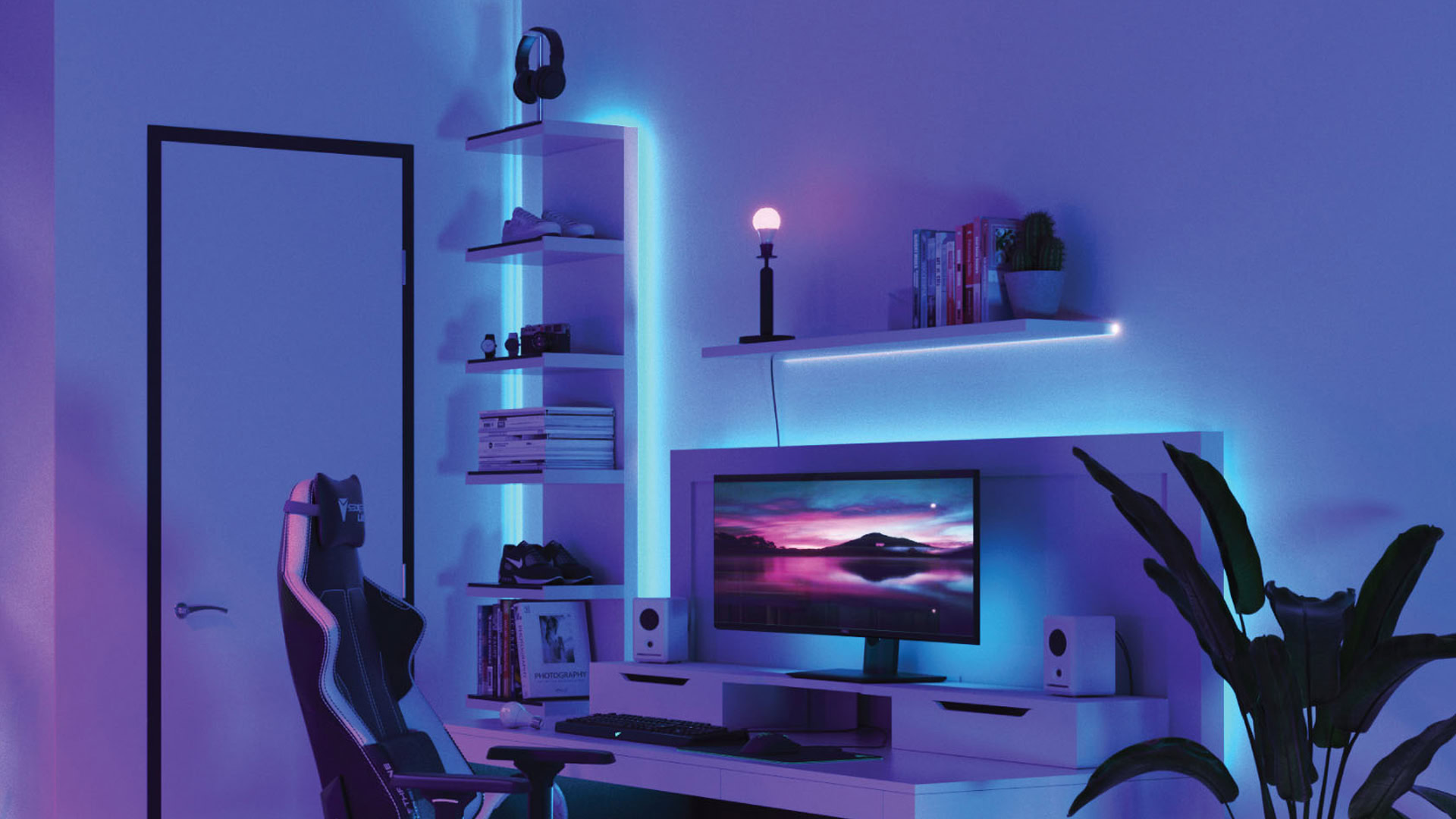
One issue you might raise is why, if Matter is such a big deal, we have yet to see a flood of announcements, whether for existing products or new ones. The main answer is that Matter is only now being finalized — it was originally supposed to launch in late 2020 under a different name, and has since been delayed three times. Some companies have built their products around tentative Matter specs with room to breathe, but others have been understandably reluctant to commit without a finished development kit.
Could Matter turn out to be little more than hype, rendering all this debate pointless? Conceivably, but we don't think so.
The other explanation is release cycles. Matter’s late 2022 launch coincides with expected smart home releases from Amazon, Apple, and Google, as well as smaller companies. None of them are going to spoil unreleased products, and it just makes sense to adjust cycles to include Matter if it’s convenient — indeed, Amazon and Google have been unusually lethargic in shipping new smart home products during the past two years.
One final question to address is this: Could Matter turn out to be little more than hype, rendering all this debate pointless? Conceivably, but we don’t think so. There’s just too much industry support behind it, and too much to gain financially if it succeeds. The market hasn’t taken off as expected precisely because platforms are fractured, and with that out of the way, things like smart bulbs and smart locks might become de facto in homes rather than a novelty.
Continue: The best smart home devices you can buy